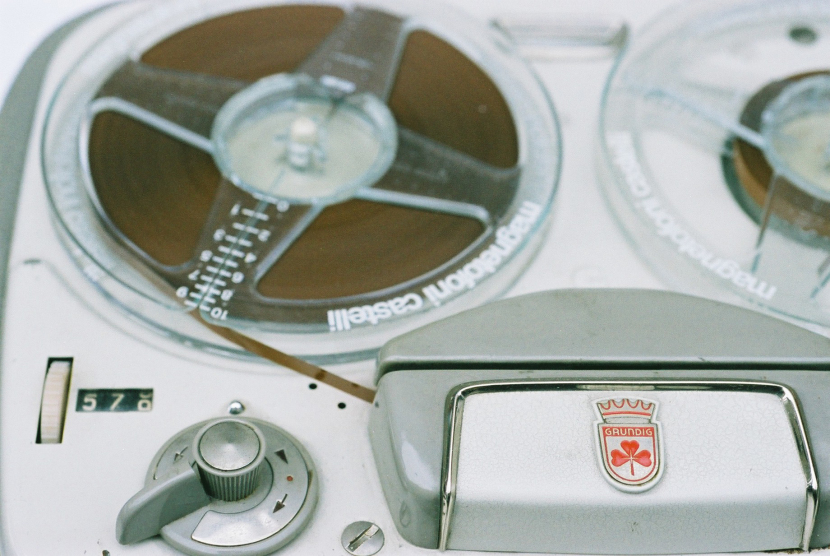State v. Pavlik: You Ought to Remain Silent, But if You Don’t….
It is considered stock advice in the criminal defense trade that you should not, under any circumstances, talk to the police. The reason is simple: under the Rules of Evidence anything harmful you say can be used against you, but your out of court statements can’t be used to help you. This is because Evidence Rule 801(d)(2) allows an exception to the hearsay rule for “admissions of party opponent,” meaning that the prosecution can admit your statements against you even if you don’t testify. On the other hand, if you offer helpful statements you made to the police, it is usually considered “self-serving hearsay” not within any hearsay exception.
“Don’t talk to the police” remains sound advice, but as State v. Pavlik, a recent Division III decision, reminds us, not everything a defendant tells the police turns out to be unhelpful. In Pavlik, the defendant told the police, immediately upon their responding, “you saw it-it was self defense.” The defense argued that these statements, though otherwise hearsay, should have come in as “excited utterances,” under Evidence Rule 803(a)(2). Usually utilized by the prosecution to admit 911 tapes, the excited utterance exception is based on the premise that people who are still in the throes of excitement from a memorable or traumatic event are less likely to have the time or presence of mind to fabricate a story.
The trial court denied Pavlik’s motion, finding that his statement was “self-serving hearsay,” but the Court of Appeals observed that not all out-of-court statements that come from a defendant’s mouth are inadmissible hearsay. Rather, the exceptions to the hearsay rule apply equally to the defendant as they do to anyone else, and if the proper foundation is laid a defendant’s out-of-court statements are admissible. In this case, the Court of Appeals found that the court’s exclusion of the statement was harmless.
Perhaps the modified form of the stock advice should be “don’t talk to the police, but if you’ve already talked to them, tell your lawyer exactly what you said, why you said it, and all the circumstances surrounding your statement.” Maybe, just maybe, your lawyer can get your helpful statements admitted.

